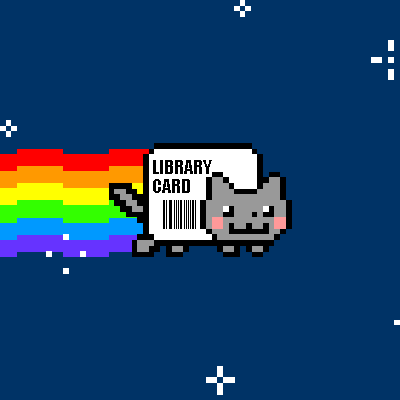Hello All! Welcome to the Library! My name is Lydia Willoughby and I am a research and education librarian at the Sojourner Truth Library at SUNY New Paltz.
First off, there’s a few basics about using the library to remember. You can book a group study room; we also have individual study rooms.
Also, you can schedule a research consultation, you can fill out this form online and I will set up a time to meet with you.
Pro Tip: beat procrastination by making a clear plan of what you need to do. This assignment calculator can help you use your time efficiently.
Today’s Learning Goals:
- Identify literary criticism about the Victorian era that you can use to enhance your comprehension and analysis of literature, gender and sexuality
- Find 19th Century essays and newspaper articles pertaining to gender and sexuality that provide contemporary context to history and culture
- “Research”
- How to search: choosing and modifying search terms
- How to find articles
- How to use one article to find other sources
Think Before You Act

- Open this document: ENG451SwaffordSpring16LibraryWorksheet – .docx
- Let’s start with a discussion and brainstorm. Write down some search term ideas that you have about your topic. Put these in the brainstorm areas, the first table on the worksheet.
- Turn to your neighbor and talk about what you both wrote. Listen to them, and tell them what you think that their topic is about.
- Then, after discussing with your neighbor, write down one question or hypothesis that you have about your topic. Read this back to your neighbor and see if they agree. Listen to your neighbor.
Topic Exploration
- Take your text or literary criticism and scan the text for keywords that you can use to generate search terms.
- Victorian London (use to develop search terms)
- the tags on this very blog!
Where to Find Articles on Victorian Literary Criticism
Where to Find Victorian Newspapers
- The Times of London Digital Archive
- NYTimes Historical
- Chronicling America
- The National Library of Wales
Cited Reference Searching AKA “How do I find more good stuff”?
- Google Scholar – articles, authors
- WorldCat – books, newspapers
- Journals – articles
- Discovery Search – kitchen sink
Even More!
- HathiTrust
- Ghost Map: Cholera, Miasma, Victorian London and the birth of Epidemiology
Research Activities:
- Brainstorm
- Topic Exploration
- Find Articles
- Find Newspapers
- Cited Reference Searching
ENG451SwaffordSpring16LibraryWorksheet – .docx
ENG451SwaffordSpring16LibraryWorksheet – .pdf
Thank you!!! Please take the last few moments of class to write a comment on this blog post about something that you found useful that you learned today. You might also write a question that you have about research or finding sources and using databases.
Feel free to email me with research questions directly at willougl at newpaltz dot edu. You can ALWAYS ask a librarian, too! Thanks!



